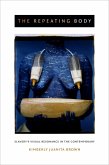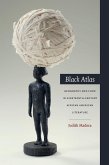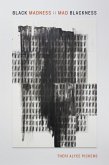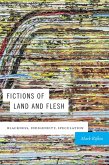Nadia Ellis attends to African diasporic belonging as it comes into being through black expressive culture. Living in the diaspora, Ellis asserts, means existing between claims to land and imaginative flights unmoored from the earth-that is, to live within the territories of the soul. Drawing on the work of Jose Munoz, Ellis connects queerness' utopian potential with diasporic aesthetics. Occupying the territory of the soul, being neither here nor there, creates in diasporic subjects feelings of loss, desire, and a sensation of a pull from elsewhere. Ellis locates these phenomena in the works of C.L.R. James, the testy encounter between George Lamming and James Baldwin at the 1956 Congress of Negro Artists and Writers in Paris, the elusiveness of the queer diasporic subject in Andrew Salkey's novel Escape to an Autumn Pavement, and the trope of spirit possession in Nathaniel Mackey's writing and Burning Spear's reggae. Ellis' use of queer and affect theory shows how geographies claim diasporic subjects in ways that nationalist or masculinist tropes can never fully capture. Diaspora, Ellis concludes, is best understood as a mode of feeling and belonging, one fundamentally shaped by the experience of loss.
Dieser Download kann aus rechtlichen Gründen nur mit Rechnungsadresse in A, B, BG, CY, CZ, D, DK, EW, E, FIN, F, GR, HR, H, IRL, I, LT, L, LR, M, NL, PL, P, R, S, SLO, SK ausgeliefert werden.









